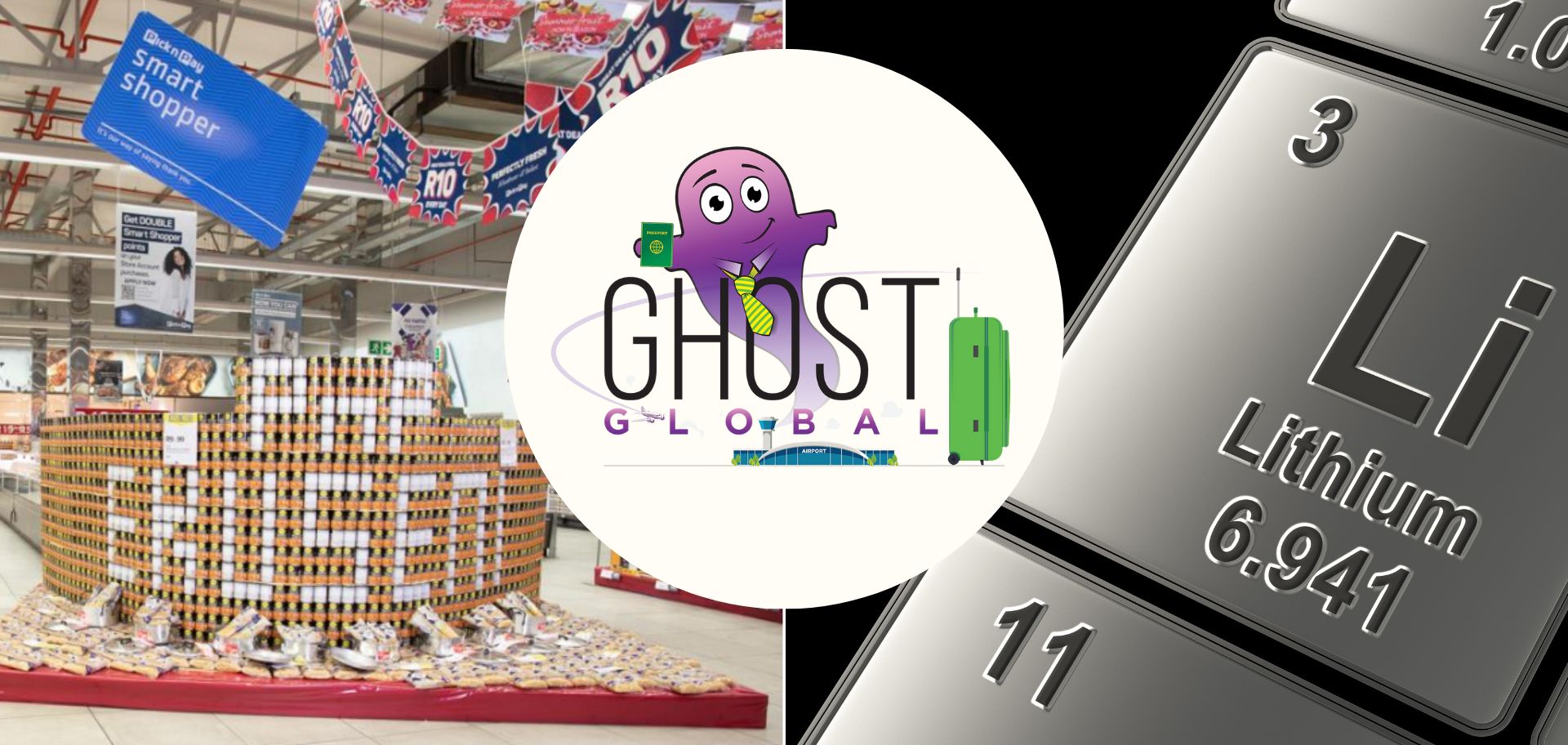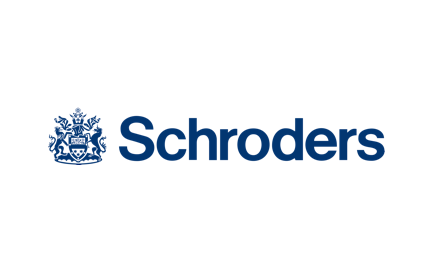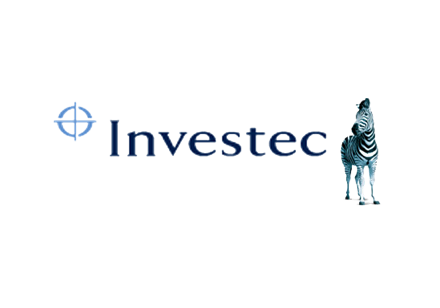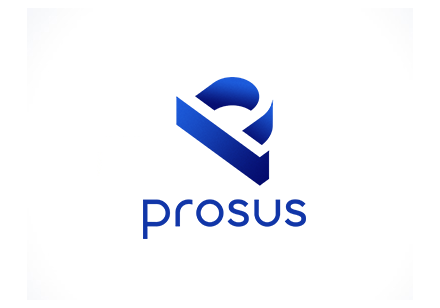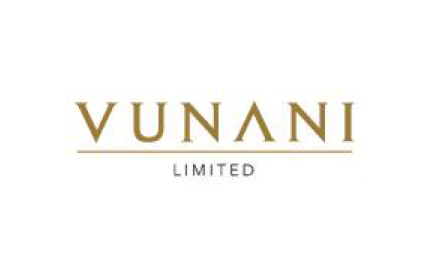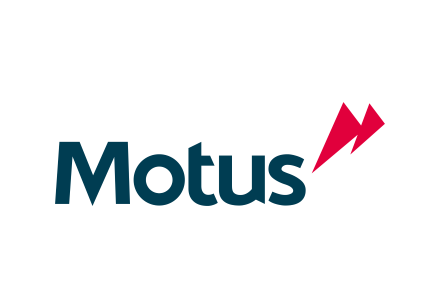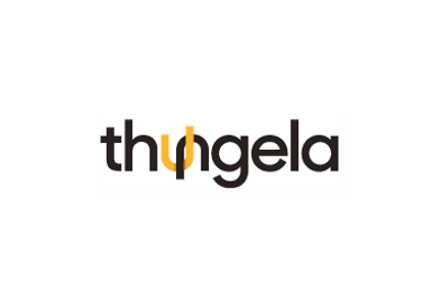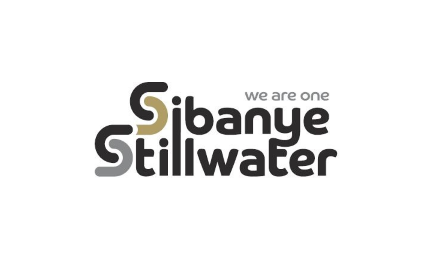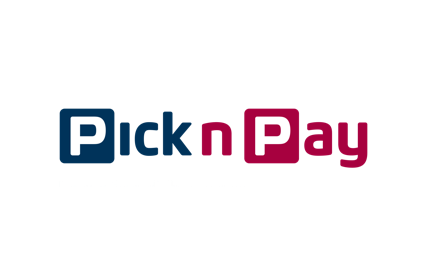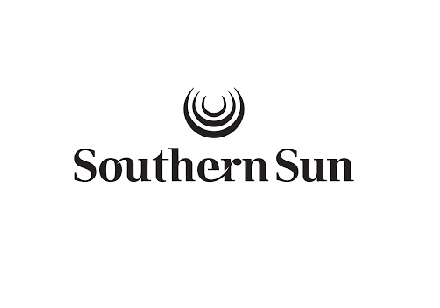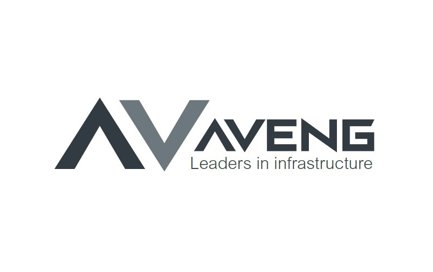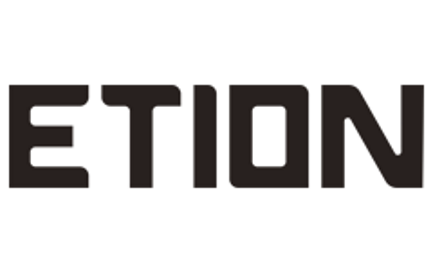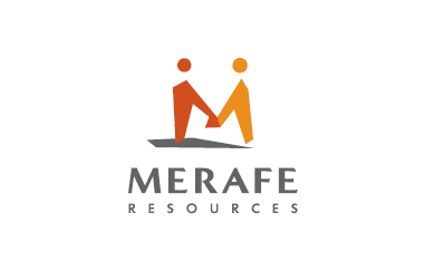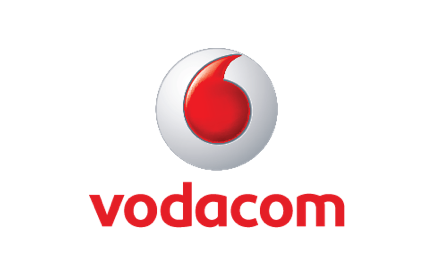If you enjoy Ghost Bites, then make sure you’re on the mailing list for a daily dose of market insights in Ghost Mail. It’s free! SIGN UP >>>
Motus finally spills the beans (well, mostly)
The target acquisition has a name: Motor Parts Direct (UK)
Regular readers would’ve seen the weirdness around Motus withdrawing a cautionary announcement regarding this acquisition and then announcing extensive sales of shares by certain directors. In a clarification announcement that I’m certain was due to pressure placed on them in Ghost Mail, Motus confirmed that the sales were part of an incentive scheme and happened automatically as part of the scheme.
Leaving all of that aside, the company has now announced the full details of the transaction. Motus will be acquiring 100% of Motor Parts Direct in the UK for R3.64 billion. This is a family-owned business that has been around 1999. There are 175 branches that that sell vehicle parts to workshops in and around the UK.
Based on a quick look at the website, it looks a lot like the UK equivalent of Midas.
There are 14,000 customers and 1,700 employees, so this is a business of scale. It does move the dial for Motus in reducing the group’s reliance on car sales.
The sustainable EBITDA of the business is R580 million. Irritatingly, the announcement doesn’t confirm whether there is any debt in the company. If there is no debt or excess cash (i.e. the purchase price is equal to the enterprise value), then the EV/EBITDA multiple is around 6.3x.
But, hang on a second.
When they withdrew the cautionary, Motus said that the deal multiple is between 6.5x and 6.9x. This means that there must be debt in Motor Parts Direct. The announcement just doesn’t bother telling us how much debt and also doesn’t confirm the multiple.
Based on the recent quality of disclosure by this company, could I really have expected anything better?
Pick n Pay maintains strong momentum
The share price closed 6.8% higher in a nod to great performance
In a trading update covering the 26 weeks to 28 August 2022, Pick n Pay reported sales growth of 11.5% without adjusting for the riots and liquor restrictions. Here’s the impressive part: if you strip out those issues, normalised sales growth for the period is 8.2%.
Selling price inflation for the period was 7.2%, a depressing reality for the many South Africans who were already struggling to put food on the table. Literally.
The cadence is even more worrying, with CPI Food inflation at 11.3% in August vs. 8.6% in June.
The group acknowledges that a strong performance in Boxer helped drive this result, with the upgraded Pick n Pay stores performing well but remaining a small contributor to group revenue. As more stores are upgraded to the new format, the impact on group level numbers will become more significant.
Of course, with sales growth like this vs. such a soft base, it’s not surprising that headline earnings per share (HEPS) growth is through the roof. Even if you exclude the impact of business interruption insurance proceeds in this period and the effect of hyperinflation in Zimbabwe, HEPS is between 20% and 30% higher. This is a range of 85.01 to 92.10 cents per share.
Finally, the group notes that this includes R83.7 million worth of restructuring costs related to the Ekuseni strategic plan, which includes the repositioning of some stores under the QualiSave banner (which I still think is an awful name).
Prosus pulls out of BillDesk deal
This is another example of how tight things are getting in the world of venture capital
Venture capital investors are focused on stories and strategies rather than profits and dividends. They invest in companies that have exciting growth runways ahead, which is a nice way of saying companies that “invest through the income statement” – a wonderful term that Prosus previously used to describe a scenario where startups incur operating losses while building important assets.
Of course, this assumes that the assets are valuable at some point, which is by no means guaranteed.
An environment of low yields is favourable for venture capital, as money is “cheap” and plentiful. When the holding cost of capital is low, you can afford to take long-term bets on companies. When inflation and interest rates are biting, then the pressure is on to earn dividends.
With a major deterioration in macroeconomic conditions this year, the wheels came off for tech companies that relied on multiple funding rounds just to stay afloat. There have been many casualties along the way, ranging from layoffs of staff through to closures of companies.
Against this backdrop, Prosus has walked away from the BillDesk transaction. This was a $4.7 billion deal that would’ve cemented the market position in India alongside existing subsidiary PayU. Prosus has invested close to $6 billion in India since 2005, so this deal would’ve been a major further investment.
Prosus walked away despite the Competition Commission of India granting approval on 5 September. There were other conditions that needed to be met by 30 September that were not met, giving Prosus an escape hatch for the deal. The announcement doesn’t disclose which conditions those were.
In my opinion, Prosus is no longer comfortable with the terms of the deal (probably including the valuation) based on pressure from shareholders. When a company is keen to do a deal, they extend the deadlines for conditions to be met. At the very least, they make a lower offer based on the conditions not being met in time.
In this case, there’s no indication of that happening. The announcement simply states that the deal won’t be happening.
Spare a thought for the founders of BillDesk. I hope they didn’t already order their yachts.
Sibanye-Stillwater invests further in green metals
In a world far away from local labour issues, Sibanye is looking at European battery demand
Through a series of transactions, Sibanye now holds 84.96% in Keliber, a lithium group located in Finland. When Sibanye first announced its interest in Keliber earlier this year, it noted that the group is aiming to be the first fully integrated lithium producer in Europe.
This is strategically important because Europe is obviously a major manufacturing hub for electric vehicles.
The other shareholders are Finnish Minerals Group (13.9%) and various minority shareholders with a total of 1.14%.
The next step is an equity capital raise by Keliber that would require Sibanye to inject another €104 million. The company is also raising debt to at least match the €250 million equity on the balance sheet.
Little Bites
- Director dealings:
- Des de Beer is still putting serious money into Lighthouse Properties, with the latest investment worth R3.3 million (and no, I didn’t forget to hyperlink the name – the website is under maintenance!)
- In good news for those with hospitality shares, the CEO of Southern Sun Limited has bought shares worth over R1.3 million.
- A director of a subsidiary of Vodacom has sold shares in the company worth R3.76 million.
- In a strange turn of events, an associate of a director of Thungela seems to have dealt in shares in numerous transactions this year without alerting the director. It’s actually the director’s wife who traded in the shares, so perhaps they are taking “no work at the dinner table” a little bit too far.
- Etion has implemented the deal to sell Etion Create to Reunert for just under R202 million and has received the cash.
- Schroder European Real Estate has confirmed that its net asset value per share at 30 June 2022 was 147.9 euro cents. This represents an 0.6% return for the quarter and 8% over a 12-month period.
- Vunani will subscribe for a 50% stake in the Verso Group, a wealth management and fund administration group that has its own umbrella fund solution. If you know anything about the Vunani group, you’ll immediately recognise that this seems like a good strategic fit. As this is a small transaction, Vunani isn’t required to announce the purchase price.
- Aveng has made further progress in improving its balance sheet. External debt was reduced by R75 million to R406 million on 30 September 2022. Performance guarantees were reduced by 45% to R191 million. The share price closed 3.7% higher on this news.
- Merafe has announced that the ferrochrome price for the fourth quarter of 2022 is 17.2% lower than the third quarter. Although the share price is only down 5.9% this year, the chart is wild. It has lost over 41% in the past six months!
- Investec has announced a programme to purchase Investec PLC shares with a value of up to R1.2 billion. Investec has a complicated dual-listed structure. In practice, this is same as the company announcing a normal share buyback strategy.

